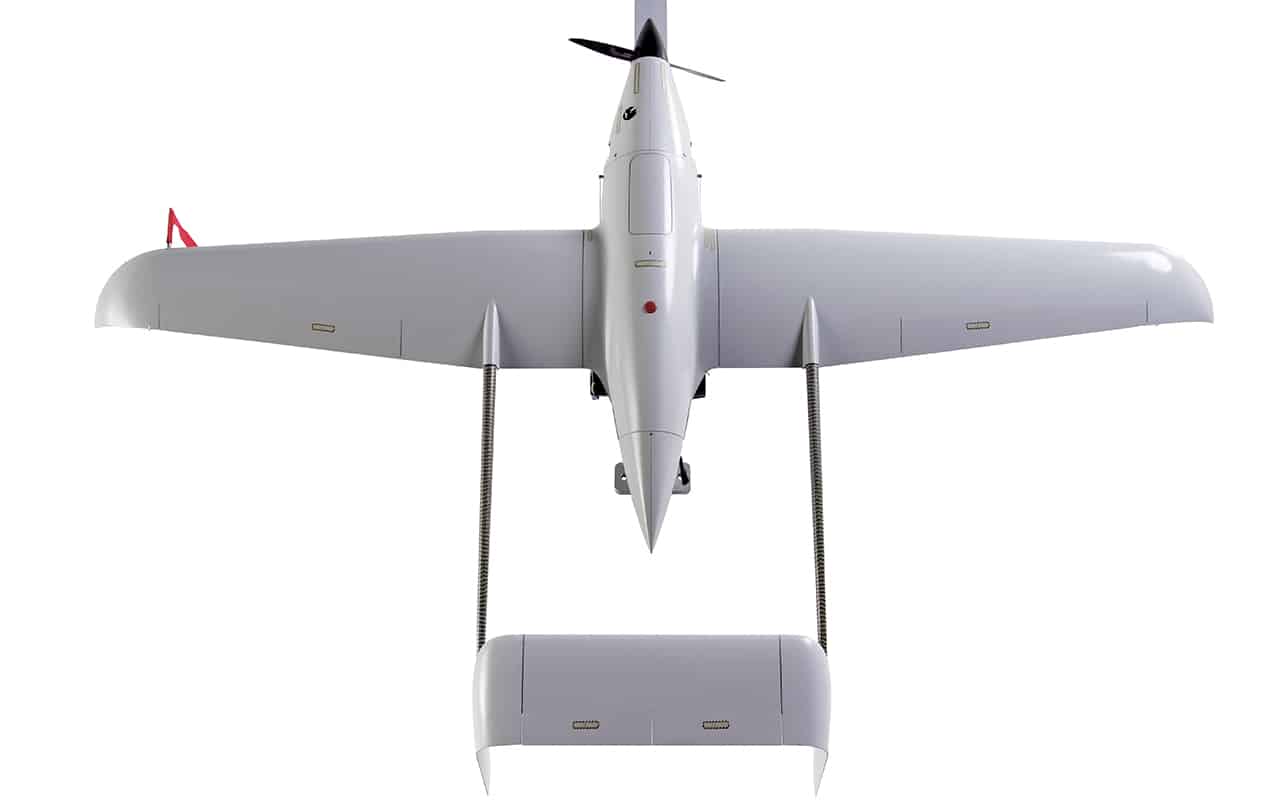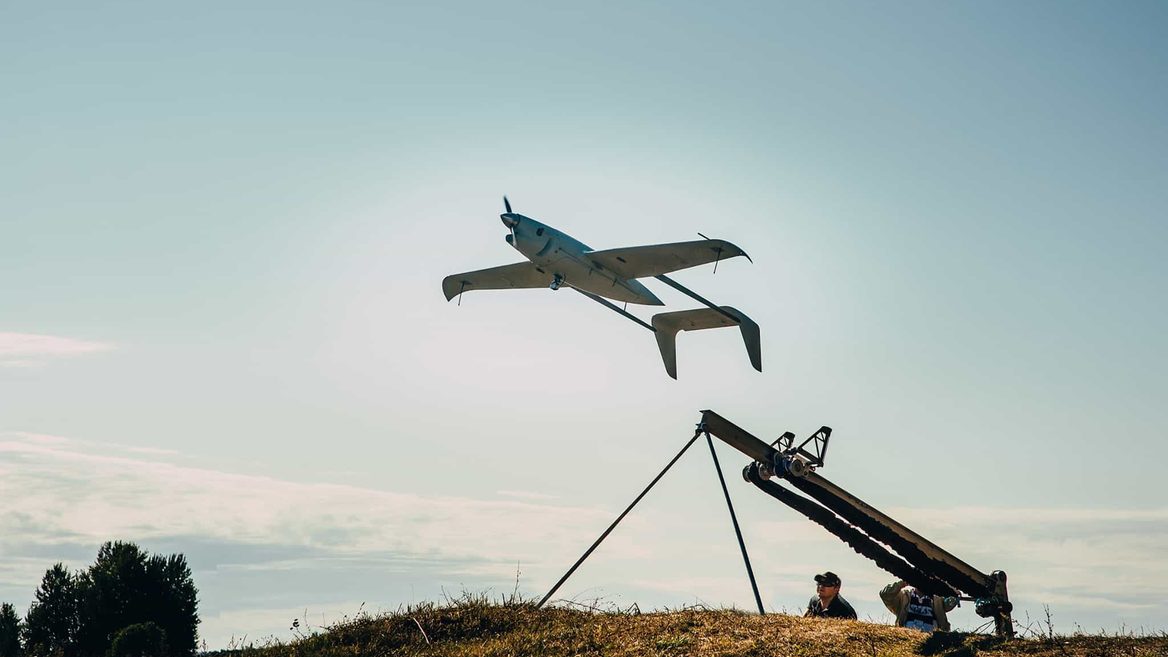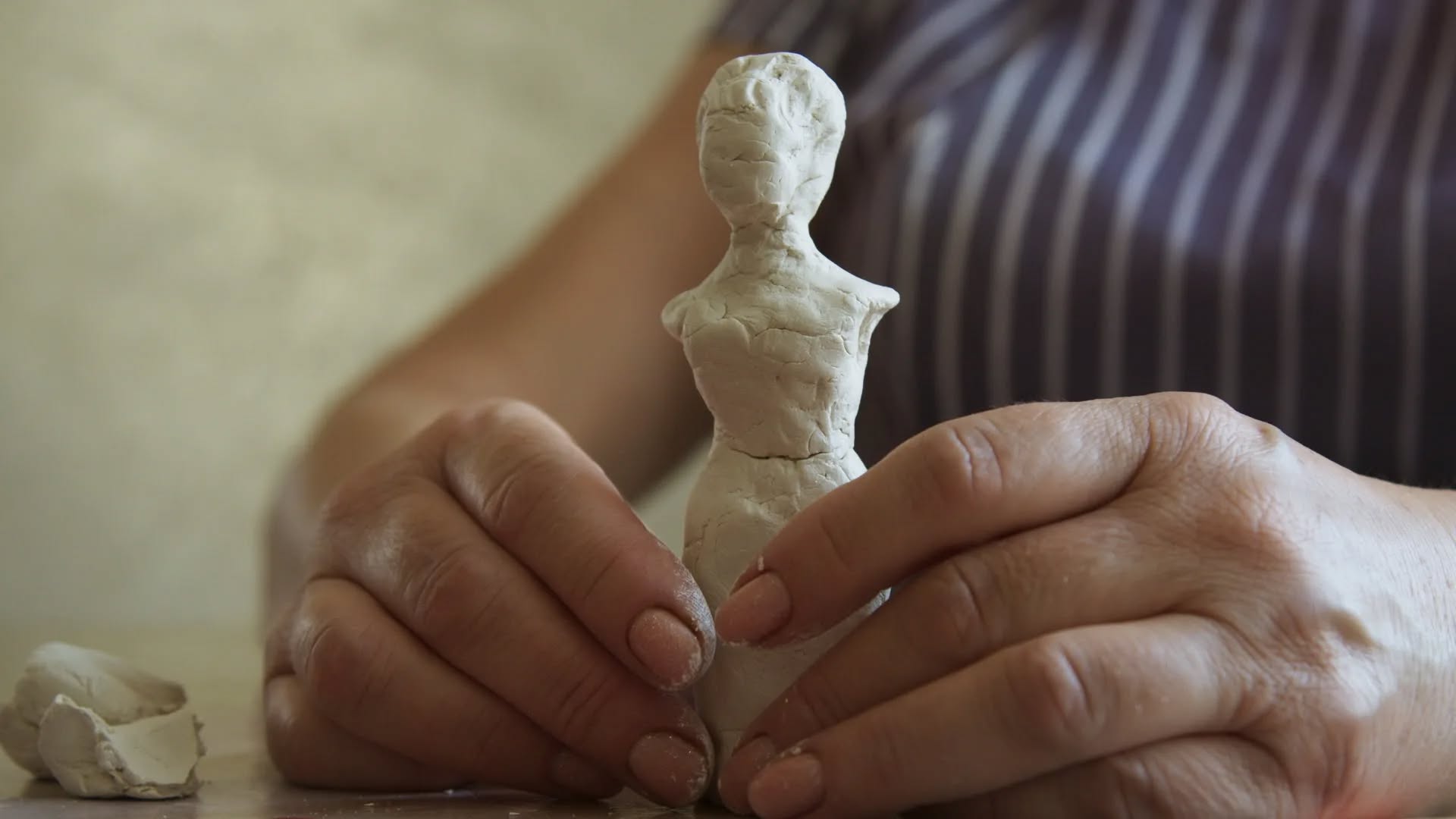Ukrainian company Skyeton, which manufactures reconnaissance systems ACS-3 (Raybird-3), has commenced production in Slovakia.
The company's founder, Oleksandr Stepura, revealed that $3.5 million has already been invested in the launch.
The Raybird systems have been in service with the Ukrainian Armed Forces since 2018. The cost of one system, which includes three aircraft, a portable ground control station, an antenna system, a launch platform, as well as a camera, a photo camera, and radar, is $1.2 million, according to Forbes Ukraine.
Raybird drones can stay airborne for 28 hours and cover a distance of up to 2,500 km at an altitude of up to 4,500 meters. Only five companies worldwide can produce UAVs with similar specifications, but their products are significantly more expensive than the Ukrainian ones.
From February 2022 to May 2024, the Ukrainian defense forces ordered over 75 reconnaissance systems from Skyeton.

Skyeton has launched production of its Raybird drones in Slovakia, starting in the spring of 2024. The company has rented a 1,000 square meter facility for this purpose and invested $3.5 million in the setup.
Oleksandr Stepura, the company's founder, mentioned that the expansion was planned as a precaution in case of further attacks on Ukraine.
Skyeton's Ukrainian facilities have the capacity to produce approximately 100 systems per year, though they are currently only half-utilized due to state orders.
According to a former top manager at Skyeton, the General Staff estimates the need for long-range reconnaissance systems at 140 units per year.
The Slovak plant is capable of producing 25 reconnaissance systems annually, with plans to increase production capacity fourfold following a new round of investment. Skyeton is currently seeking $15 million in additional funding for this expansion.
Due to martial law, Raybird drones are currently restricted from being exported abroad, and their final price is capped with only a 25% markup allowed. Additionally, development costs cannot be factored into the price. The Slovak facility is not subject to these restrictions, providing greater opportunities in the global market.




















